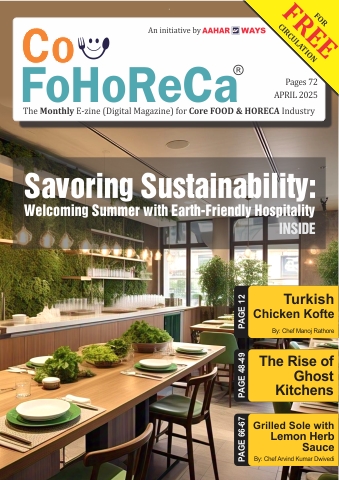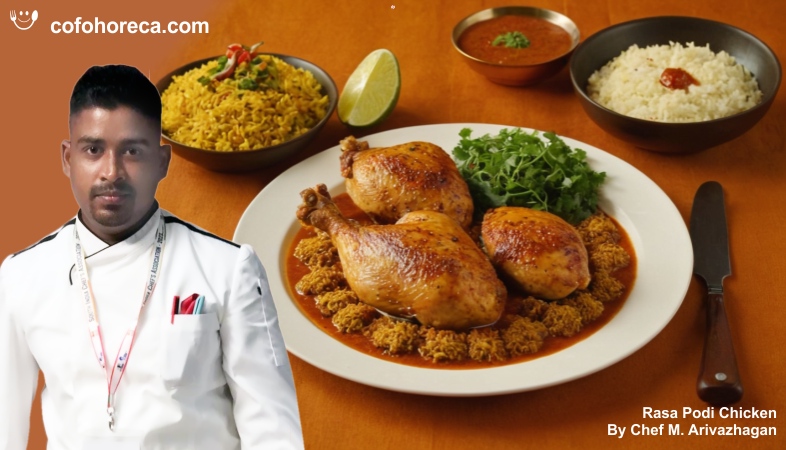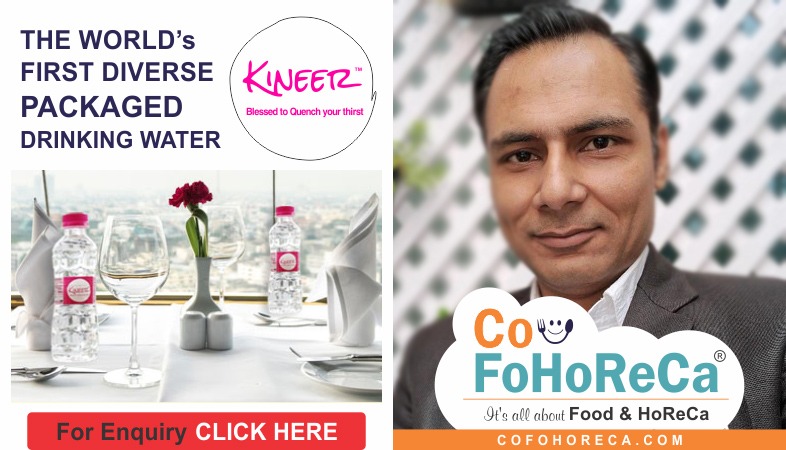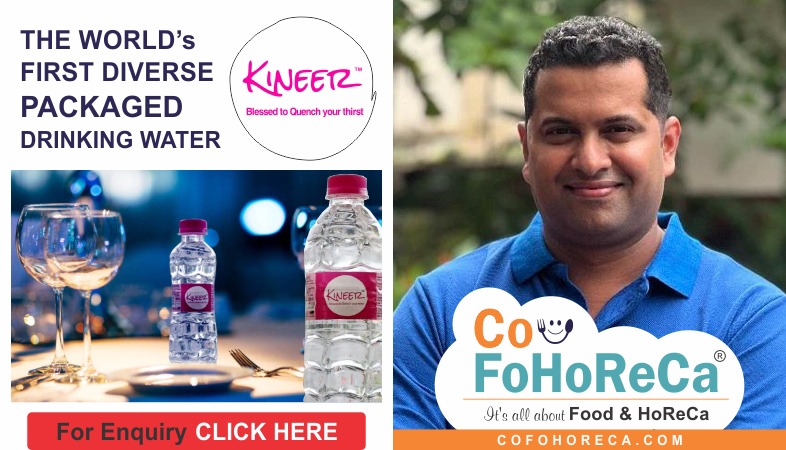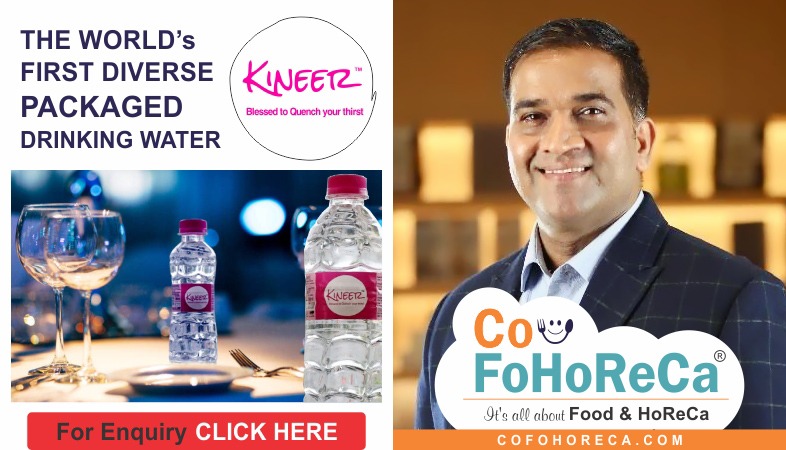Catering and Personalization: How Custom Menus Are Becoming a Must for Clients
This shift toward personalized catering is not just a trend, but a reflection of a broader cultural movement toward customization and individuality.
In today’s competitive catering industry, personalization
has become a key factor in delivering exceptional customer experiences. Clients
no longer want generic or off-the-shelf options for their events; they want
something unique that reflects their individual tastes, preferences, and
values. From weddings and corporate events to intimate gatherings, the demand
for custom menus has skyrocketed, with guests increasingly expecting a dining
experience tailored specifically to them. This shift toward personalized
catering is not just a trend, but a reflection of a broader cultural movement
toward customization and individuality.
One of the primary reasons for the rise of custom menus in catering is the desire for uniqueness. Events, whether large or small, are significant occasions, and clients want their celebrations to stand out. A personalized menu adds a special touch, allowing hosts to craft an experience that feels authentic and memorable. Whether it’s a gourmet twist on comfort food or a menu that reflects the couple’s cultural heritage, a custom menu elevates the event and provides a unique story for guests to share. Customization allows hosts to express their creativity and style, ensuring that every aspect of the meal aligns with the overall theme or ambiance of the event.
For caterers, offering personalized menus requires a deep understanding of their clients’ needs and preferences. This means engaging in open and thoughtful conversations with clients to understand their vision and dietary restrictions. Collaborative menu planning has become an essential part of catering services, with clients actively involved in selecting ingredients, flavors, and even presentation styles. For instance, a couple planning a wedding might want to feature dishes that are meaningful to them, whether it’s a beloved family recipe or a meal inspired by their travels. This attention to detail ensures that the menu is not just food, but an experience that resonates with the host and their guests.
Moreover, dietary preferences and restrictions have made personalized menus even more important. As more people embrace plant-based diets, follow gluten-free or keto diets, or have allergies to certain ingredients, it is no longer sufficient for caterers to offer a one-size-fits-all menu. Custom menus allow caterers to cater to specific needs, ensuring that all guests can enjoy the meal without worry. In many cases, clients request menus that include a range of dietary options, ensuring that every guest feels considered and included. This level of customization demonstrates care and attention to guests’ well-being, enhancing their overall experience.
For large-scale events like corporate gatherings or conferences, personalized menus can be tailored to reflect the values and mission of the organization. A company hosting a wellness retreat, for example, might want a menu that aligns with its health-conscious branding, offering wholesome, nourishing dishes. Similarly, a luxury brand might opt for a menu that reflects its opulence, with high-end ingredients and sophisticated presentation. The ability to create bespoke menus allows event planners to design a dining experience that perfectly matches the event’s purpose and tone, making the meal an integral part of the overall brand experience.
Incorporating local and seasonal ingredients into custom menus has also become a popular choice. Clients are increasingly interested in sustainable, ethical dining options, and catering services that focus on using locally sourced, organic ingredients are highly sought after. Custom menus that emphasize fresh, seasonal produce not only align with the growing trend of sustainability but also allow caterers to showcase the best of what the region has to offer. For clients, this represents a meaningful choice that reflects their commitment to sustainability while offering guests a taste of the local culture.
Another factor driving the demand for custom menus is the desire for interactive dining experiences. Many clients want to move beyond the traditional plated dinner and explore creative ways to engage guests through food. Interactive elements like live cooking stations, build-your-own dish bars, and custom drink pairings allow guests to be more involved in their dining experience, making it more personal and memorable. For example, at a wedding, guests might be invited to create their own tacos with a variety of fresh toppings, or at a corporate event, attendees could choose from a selection of artisanal cheeses and wines. These interactive elements not only add excitement but also allow guests to feel more connected to the food, making the experience feel truly bespoke.
The rise of technology has also played a role in the personalization of catering services. Digital platforms now allow clients to view and customize their menus easily, giving them access to a broader range of options. Through online consultations or apps, clients can explore various dishes, flavors, and even meal presentation ideas, creating a truly interactive planning process. Some catering companies also offer virtual tastings, allowing clients to sample menu items remotely before making their final selections. This technological innovation has made personalized catering more accessible and efficient, streamlining the process for both clients and caterers.
As the catering industry becomes increasingly competitive, personalization is emerging as a key differentiator for businesses. Offering custom menus not only sets a caterer apart from others but also fosters stronger relationships with clients. By providing a service that reflects the client’s personality and vision, caterers demonstrate their commitment to delivering a memorable and unique experience. The ability to tailor every aspect of the menu, from flavors and dietary considerations to presentation and style, ensures that the dining experience is not just about the food—it’s about creating an unforgettable moment for every guest.
Personalized catering is no longer just a luxury; it’s becoming an expectation. With clients demanding more tailored experiences, custom menus have become a must for caterers looking to stand out in a crowded market. By embracing personalization, whether through unique flavor combinations, dietary accommodations, or interactive dining elements, caterers can create exceptional events that resonate with guests long after the meal is over. In this evolving landscape, personalization is the key to offering a truly unforgettable catering experience.
.png)



